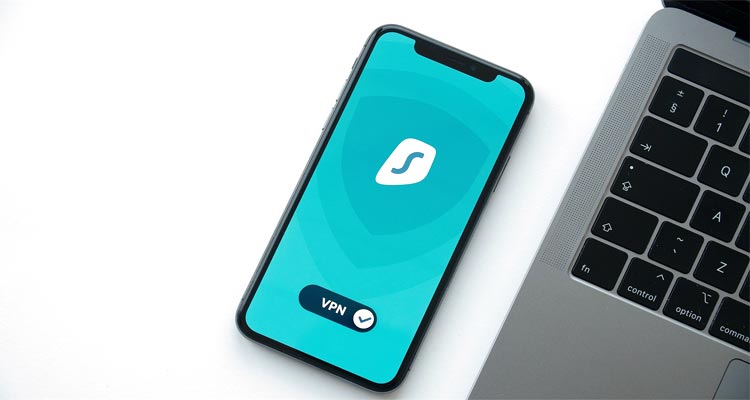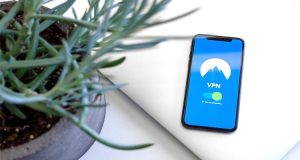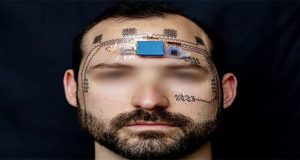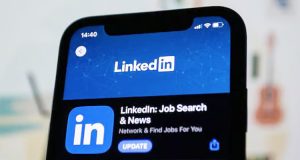Stay Invisible, Stay Secure – Use a VPN

Stay invisible and secure online with a VPN. Protect your privacy, browse safely, and unlock the full potential of the internet—anytime, anywhere.
These days, VPNs have become essential tools for anyone concerned about online privacy. With laws like the UK’s RIPA and US regulations allowing ISPs to sell user data, staying anonymous online is more important than ever. It’s not just governments—Big Tech companies often track IP addresses and collect personal data for ads or even sell it to third parties.
Virtual Private Networks (VPNs) have been around since the early days of the internet, but they didn’t gain mainstream attention until around 2005. That’s when many major providers—like StrongVPN—began to emerge, with NordVPN joining the scene in 2012.
Their rise in popularity was driven by growing concerns over online privacy and security. Over time, VPNs became essential for users across the globe, especially in regions with censorship or surveillance. The COVID-19 pandemic further boosted demand, as remote work and internet dependency surged.
Take Control of Your Privacy with a VPN
From emails to cloud storage, your data is vulnerable to hackers. A strong VPN with advanced encryption can help you reclaim your privacy and stay secure.
If you’re new to VPNs, start by exploring the best VPN services of 2023. While free VPNs exist, many compromise your data or limit performance. Paid VPNs often offer free trials or short-term plans, making it easy to test before committing.
Choosing the right VPN depends on your needs.
Live in a country where VPNs are restricted? Look for services with obfuscation features or proven experience in bypassing censorship—especially in regions like China, Turkey, or the UAE.
Protect Your Data with a VPN
Every time you go online—whether browsing websites or using connected apps—you generate data. This data, including your search history, visited sites, and usage patterns, is valuable to advertisers and tech companies. Your internet service provider (ISP) can track all of it and even sell your browsing logs.
A VPN encrypts your internet connection, preventing ISPs from monitoring your activity or selling your data. However, your VPN provider does get access instead—so it’s crucial to choose a trustworthy provider with a strict no-logs policy and transparent data practices.
Working Remotely? A VPN Is a Must
If you work remotely, using a VPN isn’t just smart—it’s often essential. While larger companies typically provide VPN access to secure remote connections, smaller businesses often skip this step, leaving them vulnerable to costly cyberattacks. In fact, the FBI reported that the average data breach cost in 2022 exceeded $150,000, with smaller businesses increasingly being targeted.
A VPN encrypts data in transit, keeping sensitive company information safe—whether you’re working from home, a café, or an airport. It protects both you and your employer from potential cyber threats.
Stay Safe on Public Wi-Fi with a VPN
Public Wi-Fi is convenient—but also risky. Hackers often lurk on unsecured networks or create fake hotspots (“evil twins”) to intercept your data. That means anything you send—passwords, messages, personal info—could be exposed.
While strong passwords and password managers help, the best defense is using a VPN whenever you connect to public Wi-Fi. Whether you’re on a laptop, iPhone, Android, or tablet, a mobile VPN encrypts your connection and keeps your data private—no matter where you are.
Prevent ISP Tracking with a VPN
Your internet service provider (ISP) can track your browsing history using your public IP address, potentially selling this data to advertisers or sharing it with authorities. Using a VPN masks your IP and routes your traffic through the VPN’s servers, stopping your ISP from monitoring your activity.
While a VPN hides the sites you visit, ISPs can still detect VPN usage. To stay fully hidden, choose a VPN with obfuscation features that disguise VPN traffic as regular internet activity.
Avoid Targeted Ads with a VPN
ISPs and websites often track and sell your browsing data to advertisers, leading to intrusive personalized ads. Using a VPN encrypts your data, preventing anyone from monitoring your online activity. This stops advertisers from building detailed profiles based on your habits, reducing targeted ads and giving you a more private browsing experience.
Research Without a Trace Using a VPN
Sometimes you need to browse or research privately—like checking competitors’ jobs or policies—without revealing your IP address. Especially on workplace networks, network admins can monitor your activity, risking exposure.
A VPN encrypts your connection, hiding your data from network monitors. This way, if you’re job hunting or researching sensitive info, your real IP stays hidden behind the VPN server, protecting your privacy and intentions.

Protect Your Devices from Malware with a VPN
While home cyberattacks are less frequent than on public networks, they still happen. A VPN adds an extra layer of protection against hackers, malware, ransomware, spyware, and adware. Combined with antivirus software and firewalls, a VPN helps reduce the risk of costly and disruptive cyberattacks.
Add Extra Security to Your Online Banking with a VPN
Online banking is convenient, but it can be risky if your connection isn’t secure. While banks protect their systems, they can’t shield you from every threat. A VPN adds a powerful layer of encryption—like Avast SecureLine’s 256-bit bank-grade protection—that keeps your data safe from ISPs, hackers, and other online dangers. Stay secure every time you bank online.
Unlock Restricted International Content with a VPN
Many online games and streaming services limit access based on your location. A VPN lets you bypass these restrictions by changing your virtual location, allowing you to play with friends abroad or access content from other countries. Simply connect to the desired region via VPN and enjoy unrestricted global access.
Limitations of Home VPNs
While VPNs offer many benefits at home, they do have some drawbacks. VPNs may not always bypass geo-restrictions, especially with streaming services that block VPN traffic. One solution is to purchase a location-secure IP from your VPN provider for better access.
Another issue is with smart devices—VPNs can sometimes block connections between devices on the same network. Setting up a VPN-enabled router can fix this, but it might be complicated for beginners.
Does a VPN Really Make a Difference?
A VPN is most effective when used consistently and with clear understanding of its capabilities and limits. Over time, a good VPN significantly reduces your digital footprint by minimizing the data available about your online behavior.
Combined with expert cybersecurity practices, a VPN helps you take control of your privacy and better protect yourself from threats like identity theft and social media impersonation.
Bottom Line
Using a VPN is a powerful step toward protecting your online privacy and security. While it’s not a complete solution on its own, when combined with good cybersecurity habits, a VPN helps keep your data safe, your identity private, and your internet experience more secure—no matter where you connect from.







